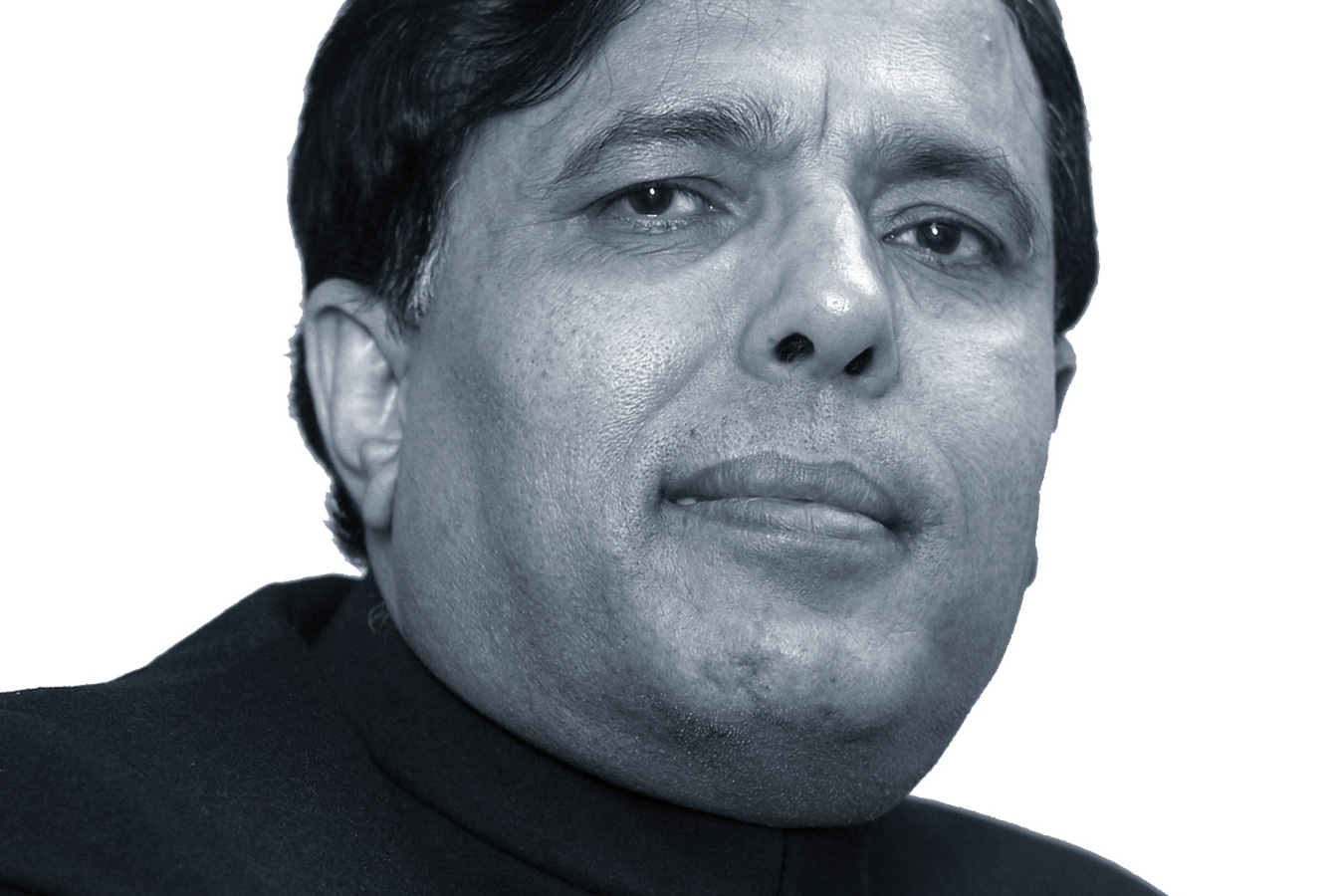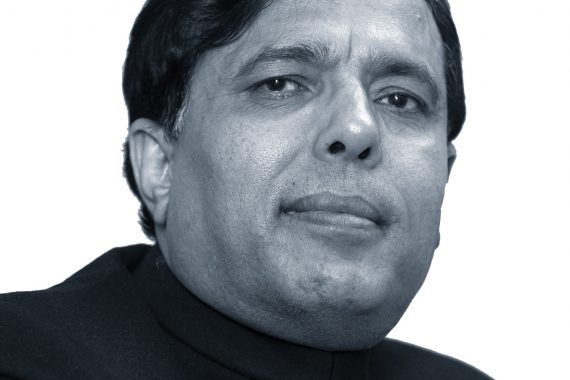
Yesterday’s pledge from Matt Hancock, the health secretary, that he is committed to improving patient safety and ensuring a culture of openness and transparency to ensure the NHS became ‘the safest healthcare system in the world’, is welcome.
But I feel he needs reminding how monumental the task is. Political gimmicks and false promises like those of his predecessor Jeremy Hunt won’t do. Take the promise of 5,000 new GPs that was never delivered. Let’s not forget that it takes a good eight to 10 years to train as a GP. Practically, it was never going to be possible to pull so many GPs out of the hat.
The workforce shortage not only in health but also social care is worse than ever, due to the impact of numerous factors including austerity, Brexit, rising workloads, worsening morale and the NHS pay cap that has seen pay fall significantly in recent years. Added to this, concerns over work-life balance have led healthcare professionals taking time out from training or leaving the NHS altogether.
One in 20 GP practices has disappeared since 2010 in England. The rate of loss of local surgeries has increased. There has been a five-fold rise in the number of GP surgeries approaching senior NHS managers for advice about shutting their doors or merging with nearby practices. Without enough GPs, the NHS is struggling to deliver enough appointments to patients, especially the growing number of older people who require intensive and specialist care in the community, let alone safe and quality care patients deserve.
The only thing keeping the NHS going is the goodwill and dedication of the NHS family
On top of this, some parts of the NHS workforce are ageing – particularly GPs, qualified nursing staff, and nursing support staff. For example, one in five GPs is aged 55 or older and almost one in three qualified nurses, midwives and health visitors is aged 50 or older. Both of these occupational groups are facing likely significant growth in retirements over the next 5–10 years. Overall, the NHS in England is estimated to have a bewildering shortfall of 100,000 staff, including 10,000 GPs.
The BMA has consistently been highlighting the problem in the last decade, particularly in general practice, and calling on the government to act. But so far little or no real strategy has emerged.
If the government doesn’t get to grips with this workforce crisis, the NHS will struggle to attract and retain highly trained staff, and patient care will continue to suffer as a result. Half-baked ideas will only create a vicious circle, compounding existing problems, adding to pressure on existing staff making them more likely to leave.
In many ways this workforce crisis is as least as serious as any financial calamity because we need the NHS to ensure that the population is healthy and in gainful employment; and the signs are that it is growing by the day to the point of no return. The only thing keeping the NHS going is the goodwill and dedication of the NHS family, but believe me that goodwill is dangerously close to running dry. When it does, we will have no longer have the NHS we are so proud of.
So, Mr Hancock , your commitments to patient safety will ring hollow unless we see a reversing of the substantial cuts to primary care and social care budgets. If you are serious, ask the chancellor to make the NHS its priority in his next budget statement on 25 October.
Dr Kailash Chand is a retired GP in Tameside
Pulse July survey
Take our July 2025 survey to potentially win £1.000 worth of tokens












